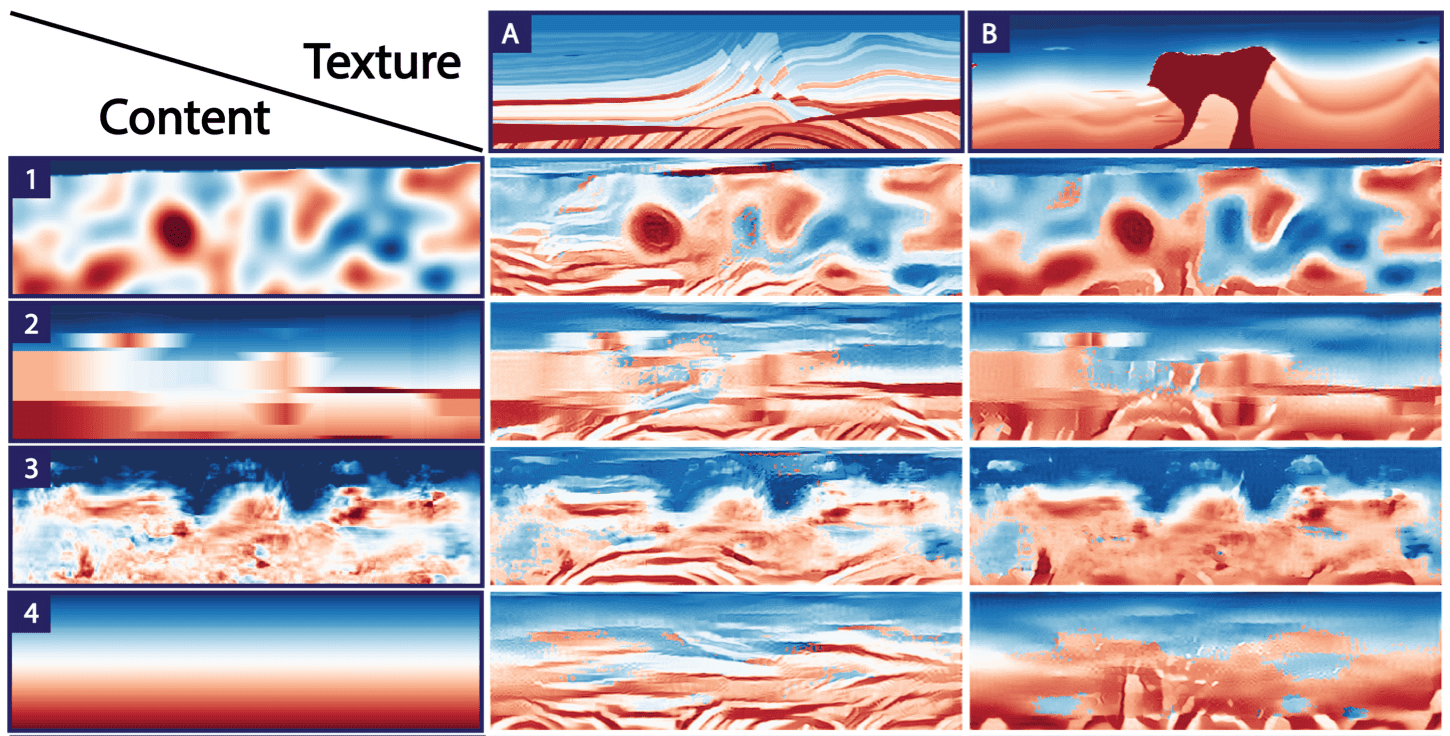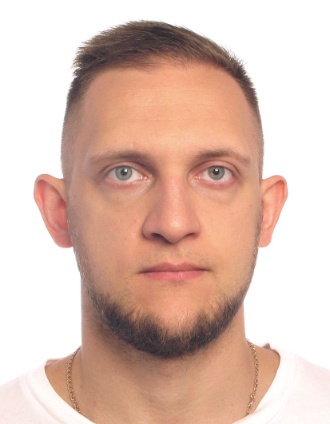AI & Energy Expert at NVIDIA
With a strong research foundation and industry experience, I drive end-to-end AI projects that bridge the gap between theoretical advancements and real-world impact—from building HPC CUDA applications for exploration geophysics to deploying generative AI solutions that enhance decision-making and accelerate the energy transition.
News
-
09/2025:
Participated in the launch of TII Middle East’s
First Joint ‘AI & Robotics’ NVAITC Research Lab with NVIDIA
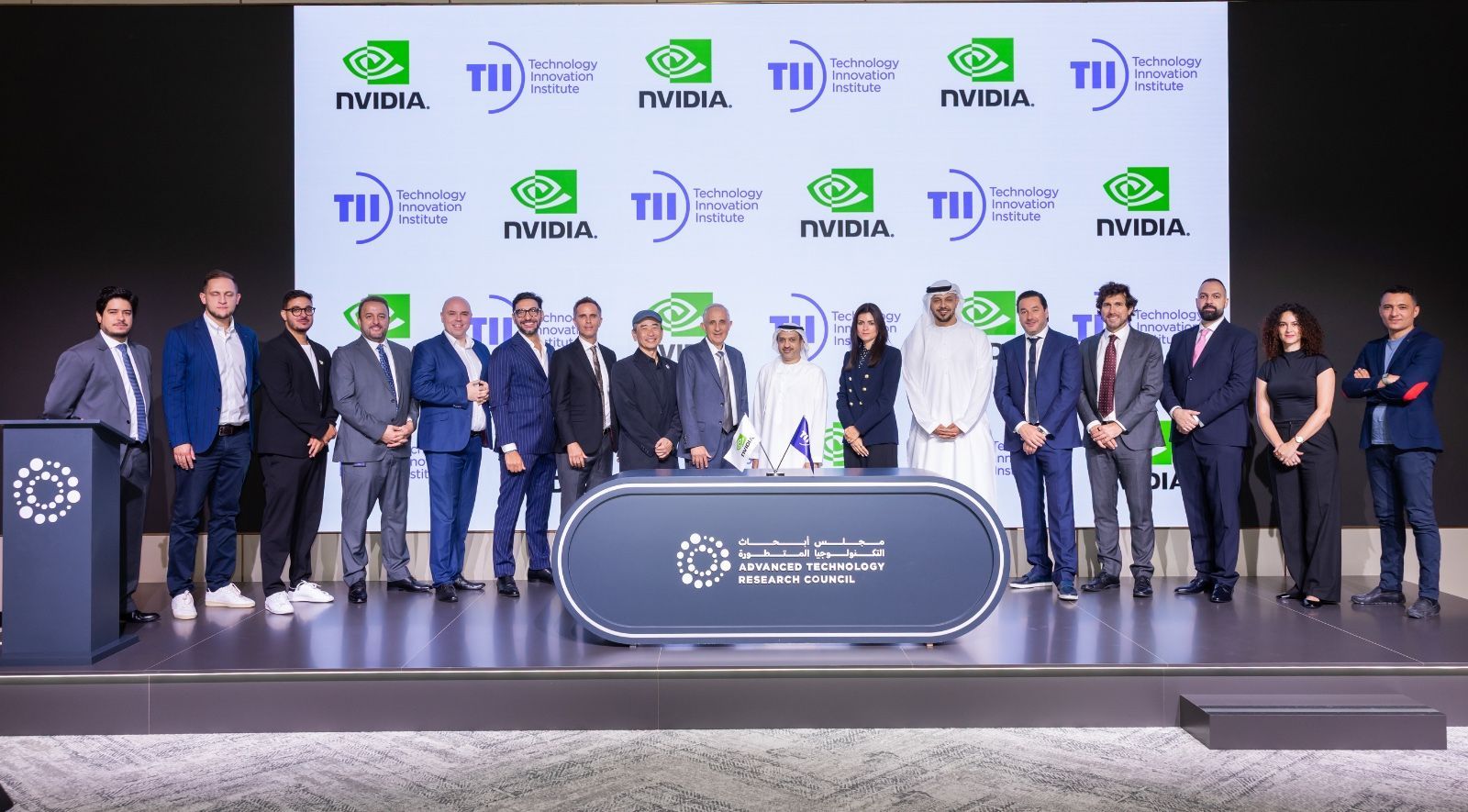
- 02/2025: Guest Editor in the Leading Edge Journal Special Section: Generative and physics-informed AI
- 01/2025: Ramping up the game by moving to DevTech at NVIDIA
-
07/2024:
Talking about Generative AI and Digital Twins at Tahakom Developer Day in Riyadh, Saudi Arabia
Tahakom Developer Day
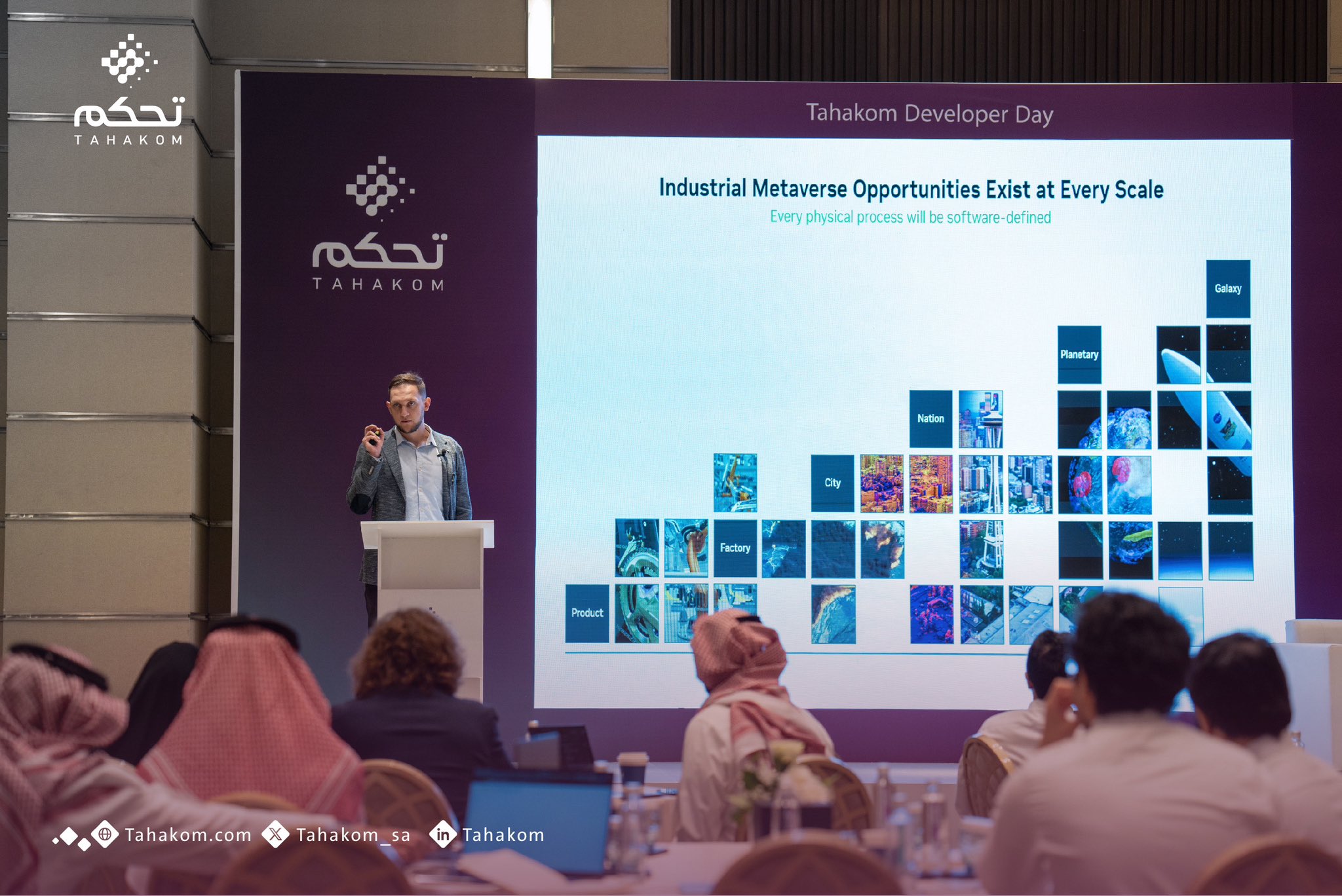
- 06/2024: Giving a talk at EAGE Annual in Oslo, Norway Text-guided well-log constrained realistic subsurface model generation via Stable Diffusion
- 05/2024: Invited speaker at BeeTech 2024 talking about building enterprise assistants. Almaty, Kazakhstan BeeTech 2024
- 03/2024: GTC talk by Aramco on our joint work Pioneering the Integration of an AI Assistant into a Seismic Data Processing Workflow
-
06/2023:
Keynote speaker on Generative AI at AI-Enabled Entrepreneurs conference in the Museum of the Future, Dubai, UAE
AI-Enabled Entrepreneurs conference
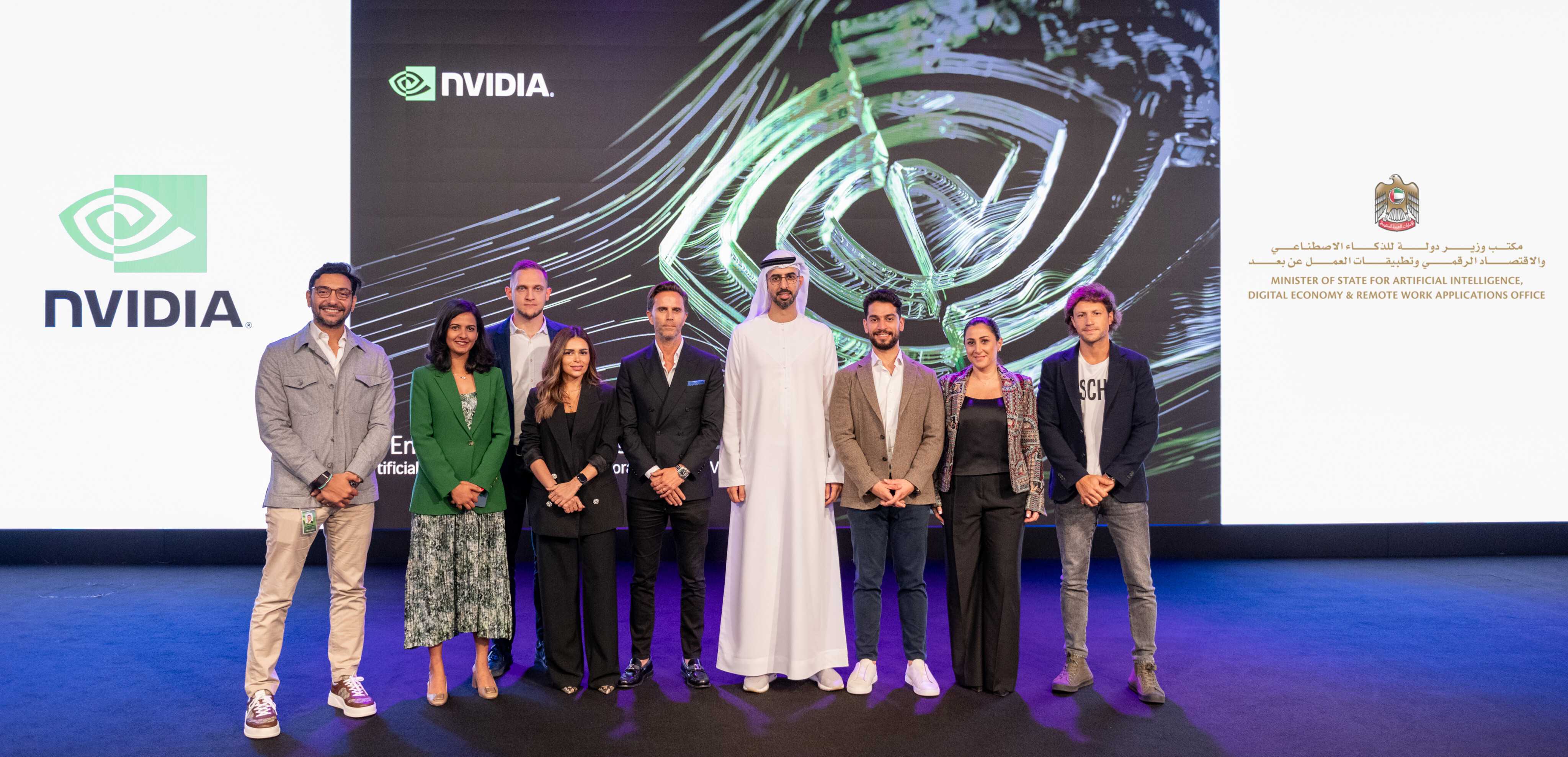
- 06/2022: Attending EAGE Annual conference in Madrid, Spain
- 01/2022: Started as Solutions Architect for Energy at NVIDIA
- 11/2021: Successfully defended my PhD thesis, KAUST, Saudi Arabia. "Data-driven methods for the initialization of seismic full-waveform inversion"
- 09/2021: Joined EAGE AI Committee
- 09/2020: Internship at ExxonMobil as Geoscience (ML) Intern, Houston, USA. ExxonMobil
- 07/2020: Conference abstract got accepted for an oral presentation at SEG 2020. "Extrapolating low-frequency prestack land data with deep learning"
- 03/2020: Conference abstract got accepted for an oral presentation at EAGE Digital 2020. "Deep Learning for Seismic Data Reconstruction: Opportunities and Challenges"
- 08/2019: Internship at CGG as ML Engineer Intern, Crawley, UK. CGG
- 06/2019: Awarded SEG ExxonMobil Upstream Research Company scolarship for the year 2019-2020
Recent research
-
Multi-task learning for low-frequency extrapolation and elastic model building from seismic data
Acquiring low-frequency data is challenging in practice for active seismic surveys. We propose to jointly reconstruct low-frequency data and a smooth background subsurface model within a multi-task deep learning framework. IEEE Transactions on Geoscience and Remote Sensing, 2022

-
Direct domain adaptation through reciprocal linear transformations
We proposed a general method for domain adaptation which blends features from source and target datasets by a set of linear operations such a cross-correlation and convolution. We explore the viability of the approach by transferring knowledge from training on gray-scale MNIST dataset to colored MNIST-M dataset. Frontiers of Artificial Intelligence, 2022
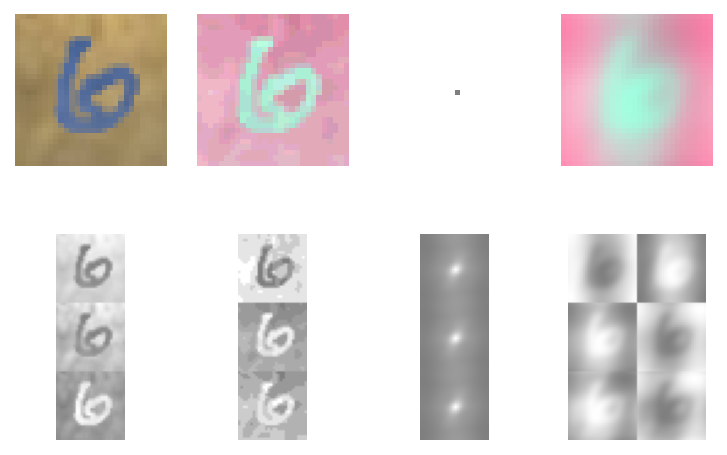
-
Deep Learning for Seismic Data Reconstruction: Opportunities and Challenges
Research project from my internship in CGG, Crawley, UK. Under supervision of Song Hou I explored benefits and pitfalls of using GANs for seismic data reconstruction. In the nutsell, high perceptual realism of reconstructed seismic data is not sufficient for real-world application. Physics also should be constrained. First EAGE Digitalization Conference and Exhibition, Nov 2020
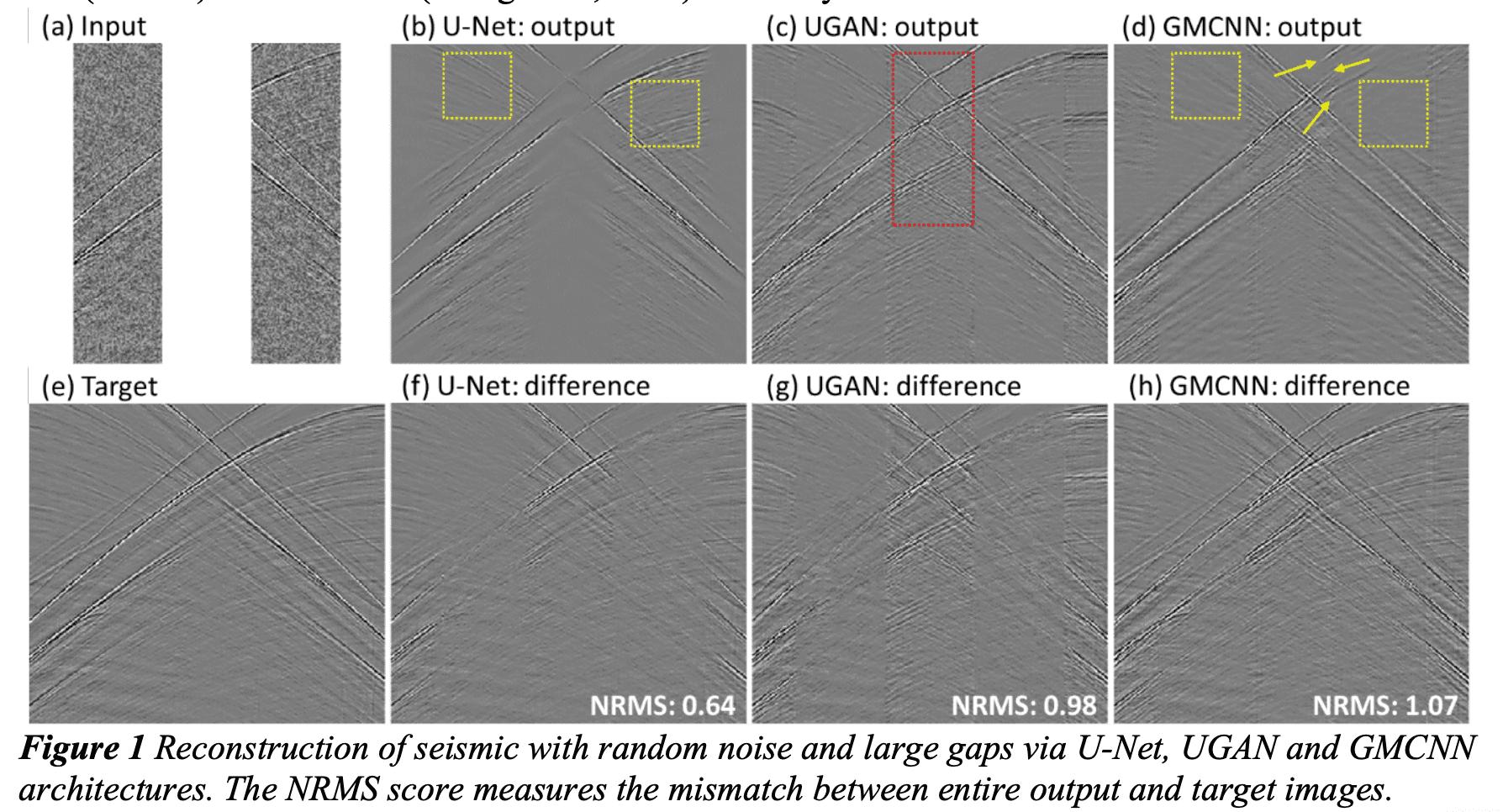
-
Extrapolating low-frequency prestack land data with deep learning
In synthetic framework we explore capability of a simple neural network to reconstruct low-frequency components of land data. SEG Technical Program Expanded Abstracts 2020
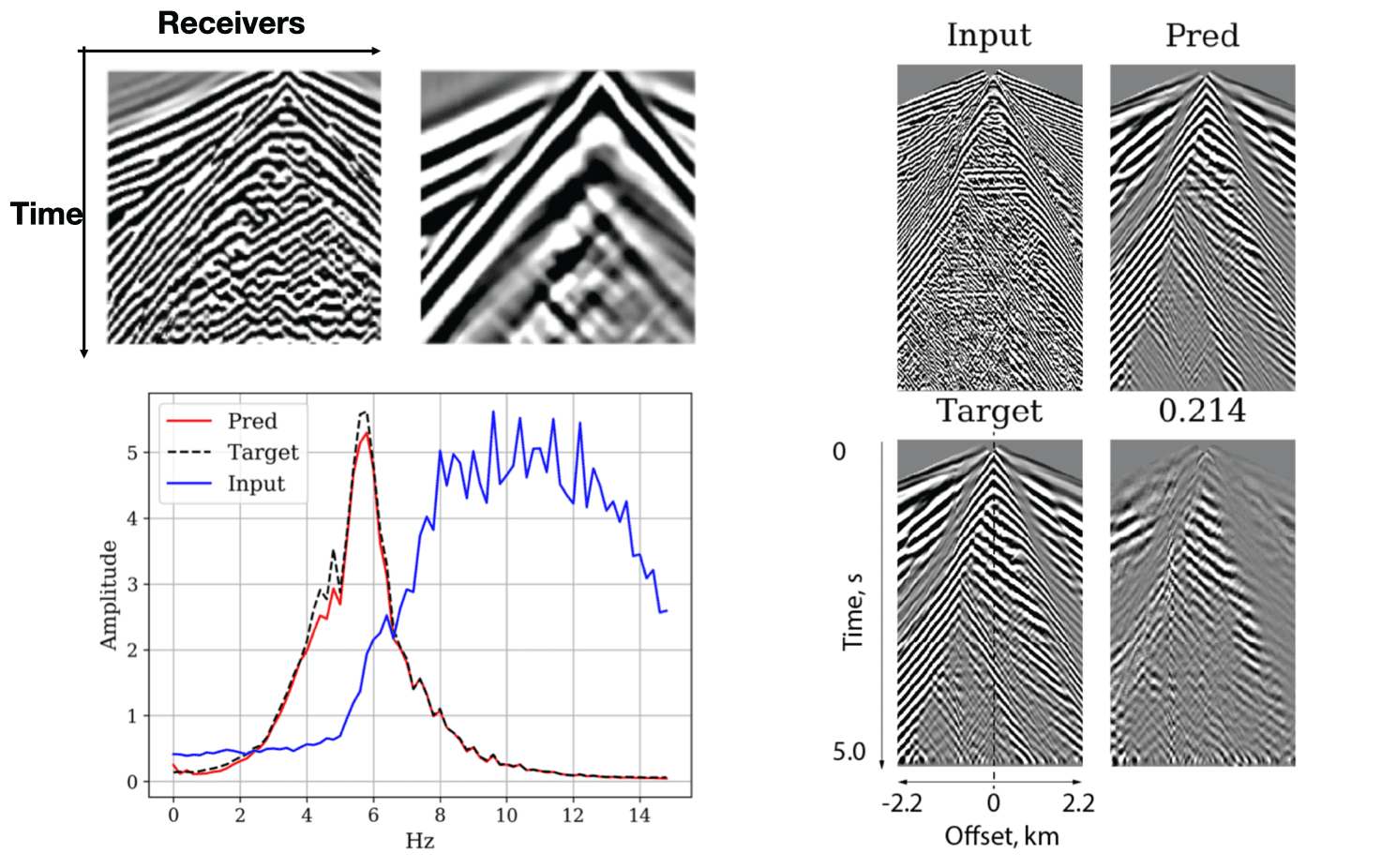
-
Style transfer for generation of realistically textured subsurface models
We apply an iterative style transfer approach from image processing to produce realistically textured subsurface models based on synthetic prior models. These realistically textured models to be used in training datasets for machine learning applications in geophysics. Presented in Sep 2019, on SEG Annual meeting in San Antonio, USA
